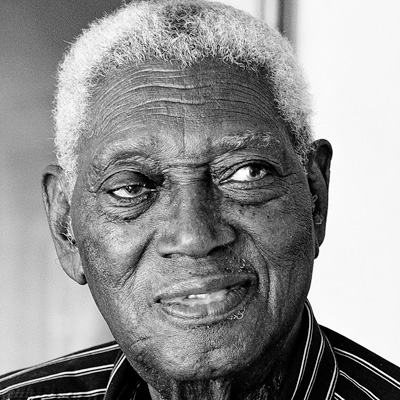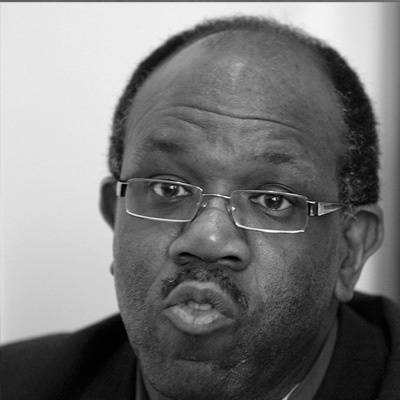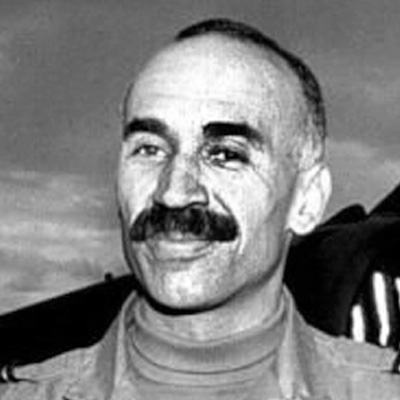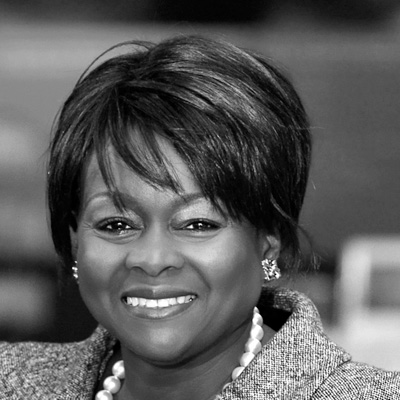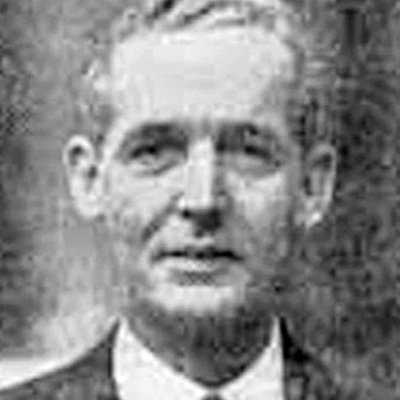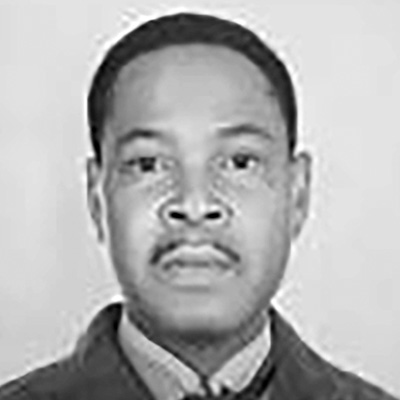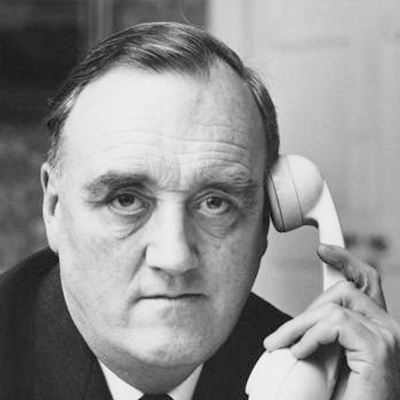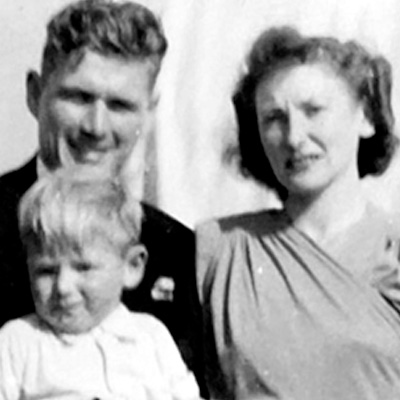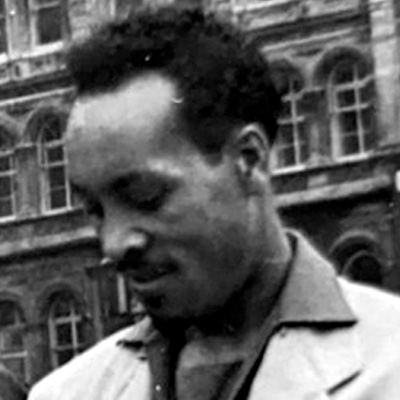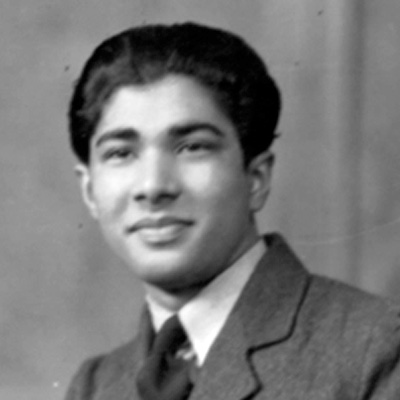William and Henrietta Tucker
PIONEERS
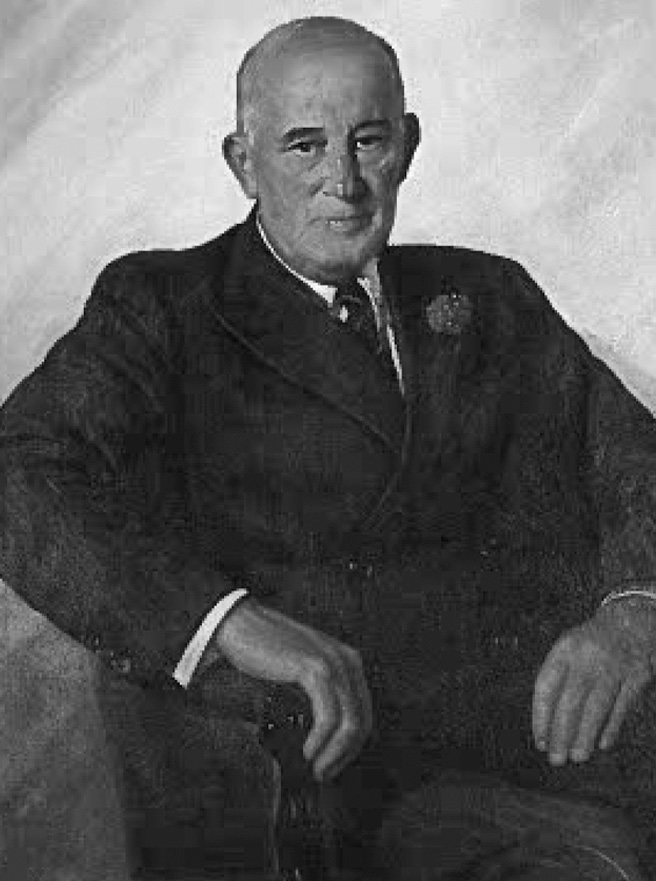
‘Medic who advanced the practice of surgery’
Share this:
They were members of the 1,140-strong Third Jamaica Contingent sent to Europe on the SS Verdala in March 1916. The ship took a route near to Halifax, Nova Scotia, and the freezing temperatures and lack of warm clothing meant that many of the men suffered frostbite, and five died. The ship was diverted to Bermuda so the sick could be treated.
Born in Hamilton, Bermuda, on August 17, 1872, William Eldon Tucker was the son of the Venerable Archdeacon George Tucker and Theodosia, née Trott; and uncle of Henry Tucker the first premier of Bermuda and one of the country’s eight National Heroes.
In June 1948, he was travelling on the Empire Windrush with his 72-year-old wife, Henrietta, for a three-month break and had booked rooms at the Savoy Court Hotel in London. Debilitated by osteoarthritis, he would give up his practice the following year.
Educated at Trinity College, Ontario in Canada, William attended Cambridge University in 1891. He was captain of the rugby XV in 1894 and played five times for England.
He qualified in medicine in 1899 and worked as a house surgeon and house physician at St George’s Hospital, London, before returning to Bermuda in 1901.
At the time, only two complex surgeries had ever been performed on the island. William and another doctor helped revolutionise the practice and eventually, several hundred patients underwent major surgery each year. However, he still had to visit his patients on horseback as cars weren’t allowed in Bermuda until 1947.
In August 1902, William married Henrietta Frith Hutchings at Christ Church, Warwick, Bermuda. They would go on to have two daughters and two sons, one of whom, William Eldon Tucker junior, became an orthopedic surgeon, captained the Cambridge rugby XV and emulated his father by representing England in the game.
Henrietta, who was born on Turks Island, was a prominent suffragette in Bermuda who in December 1934 was threatened with one month’s imprisonment for refusal to pay property tax, her protest at being denied the right to vote. She was spared this punishment when the Bishop of Bermuda stepped in and paid the arrears.
In 1930, she had been the first Bermudian suffragette along with her sister, May, to be tried for the same offence but on that occasion, they both settled the debt. Bermudian women were officially not considered ‘persons’ and only won the franchise in 1944. Henrietta was later awarded an MBE.
In April 1953, William flew to London to receive a fellowship at the Royal College of Surgeons of England. He died on October 18, 1953, while living at Park House in Hamilton. Henrietta died on February 8, 1955.
1872 - 1953
Share this:

